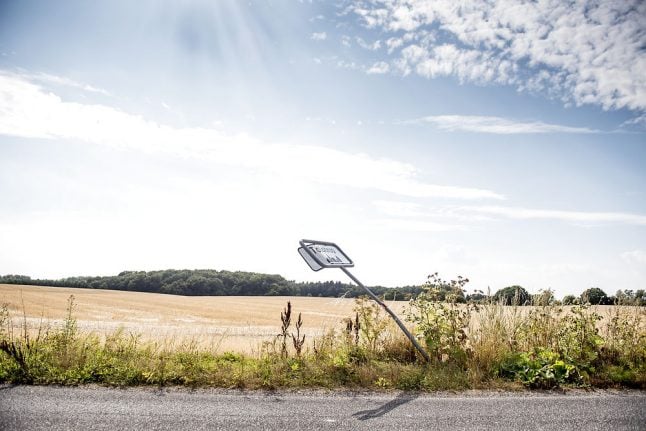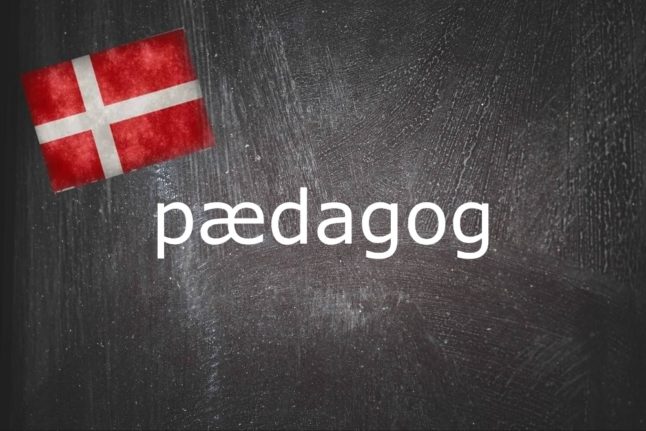Hov, located in Odder Municipality south of Aarhus, wants to change the v in its name to a u, rebranding itself as Hou, broadcaster DR reports.
A unanimous decision was taken on Monday by the municipal council in the town, which has a population of around 1,500, to make the change.
That followed a referendum for residents which was held alongside last month’s European election, when 844 people voted in favour of the name ‘Hou’, while 49 marked their cross next to ‘Hov’.
In Danish, ‘hov’ is a filler word generally used as an expression of surprise or a minor error – loosely akin to ‘oops’ or ‘oh’ in English.
It is also often used to stop someone in their tracks if they seem to be doing something wrong (‘Hov! You left your wallet on the table. Here, don’t forget it.’).
Additionally, it is the Danish word for ‘hoof’.
There are two other places called ‘Hou’ in Denmark – a tiny parish on the island of Langeland and a fishing village in Vendsyssel, part of northern Jutland and a popular spot for tourists for its harbour and beach.
There are no other towns called ‘Hov’ in Denmark although there is a village (bygd) by the name in the Faroe Islands.
“This is a clear approval from the people of Hov, which we unanimously support,” Odder Municipality lord mayor Uffe Jensen told DR.
The name change must be approved by the Ministry of Culture’s Committee for Place Names (Stednavneudvalg), with a decision to be made in September.
An estimated cost of between 33,000 and 37,000 kroner is likely to result from the changing over of road signs, Jensen told DR.
In 2010, Aarhus Municipality’s city council voted by 17 to 10 to officially change the spelling of the name of Denmark’s second-largest city from Århus to Aarhus, dropping the Nordic letter Å and giving the name a more accessible look for international readers.
That decision was less unanimous than the one in Hov: only 33.7 percent of Aarhusianers were in favour at the time, DR reported.
READ ALSO: Ten Danish towns with hilarious literal translations



 Please whitelist us to continue reading.
Please whitelist us to continue reading.
Member comments